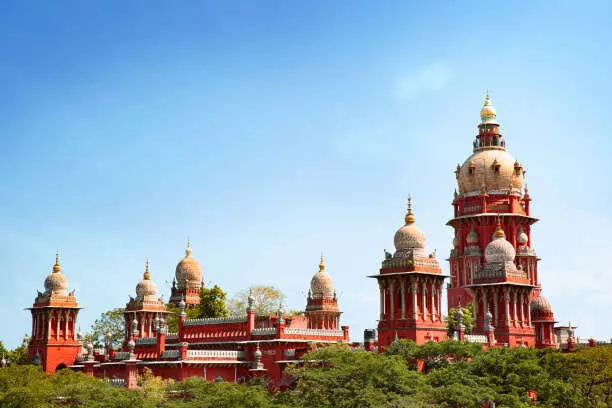Public faith in CBI has eroded: Madras High Court explains how agency can restore its image

The Madras High Court has expressed deep concern over the current functioning of the Central Bureau of Investigation (CBI), stating that the agency's investigative practices have drawn increasing public distrust and criticism. The court observed that there was growing discontent over what many view as skewed and unbalanced investigations carried out by the agency.
Justice KK Ramakrishnan, while delivering a verdict on April 28, pointed to a noticeable decline in the professional conduct of the CBI, noting that officers appeared to act with unchecked authority. To address these concerns and help the agency regain public trust, the court issued a set of detailed recommendations aimed at improving its operational transparency and investigative approach.
Among the key directions, the court urged the Director of the CBI to:
1. Closely monitor how accused individuals are named in both First Information Reports (FIRs) and final reports;
2. Maintain continuous oversight on the progress of investigations, ensuring that crucial evidence is both gathered and preserved;
3. Set up a dedicated legal advisory unit within the agency to guide investigating officers on legal standards and assess the merit of cases before registering them, thereby preventing unnecessary prosecutions;
4. Enhance the use of scientific and technological tools in the investigative process to improve the overall quality of evidence gathering.
The court’s remarks came in the context of a case involving allegations of loan fraud amounting to ₹2 crore against eight individuals, including a former chief manager of a nationalized bank in Tirunelveli. While a lower court had previously found some of the accused guilty and acquitted others, the High Court overturned those convictions, citing lack of conclusive evidence and inconsistencies in the CBI's investigation. “This is a textbook example of investigative lapses,” the court remarked, stressing that the prosecution had failed to provide sufficient proof to support the charges against the accused. It further criticized the trial court for delivering a split verdict despite the fact that the evidence presented against all accused was nearly identical. Justice Ramakrishnan also referred to a pattern of irregularities he has noticed in other CBI-handled cases, ranging from failure to secure expert opinions to allegations of internal corruption. He pointed out that in many cases, senior officials implicated in wrongdoing were left out of the chargesheets, while action was taken only against lower-level employees.
The judge also highlighted that in one particular case, authenticated digital evidence was submitted in court to substantiate claims of a bribe demand by a CBI officer—calling it just the “tip of the iceberg.” He emphasized that shortcomings in adopting modern forensic and digital tools have further weakened the agency’s credibility. Justice Ramakrishnan warned that unless the CBI undertakes significant reforms, questions surrounding its ability to conduct impartial and thorough investigations will persist. He concluded by stating that the integrity of the agency must be beyond reproach, and only through earnest efforts can it rebuild the public’s confidence.
The appellants in the case were represented by a team of senior advocates and legal firms, while the CBI was represented by its Special Public Prosecutor.



